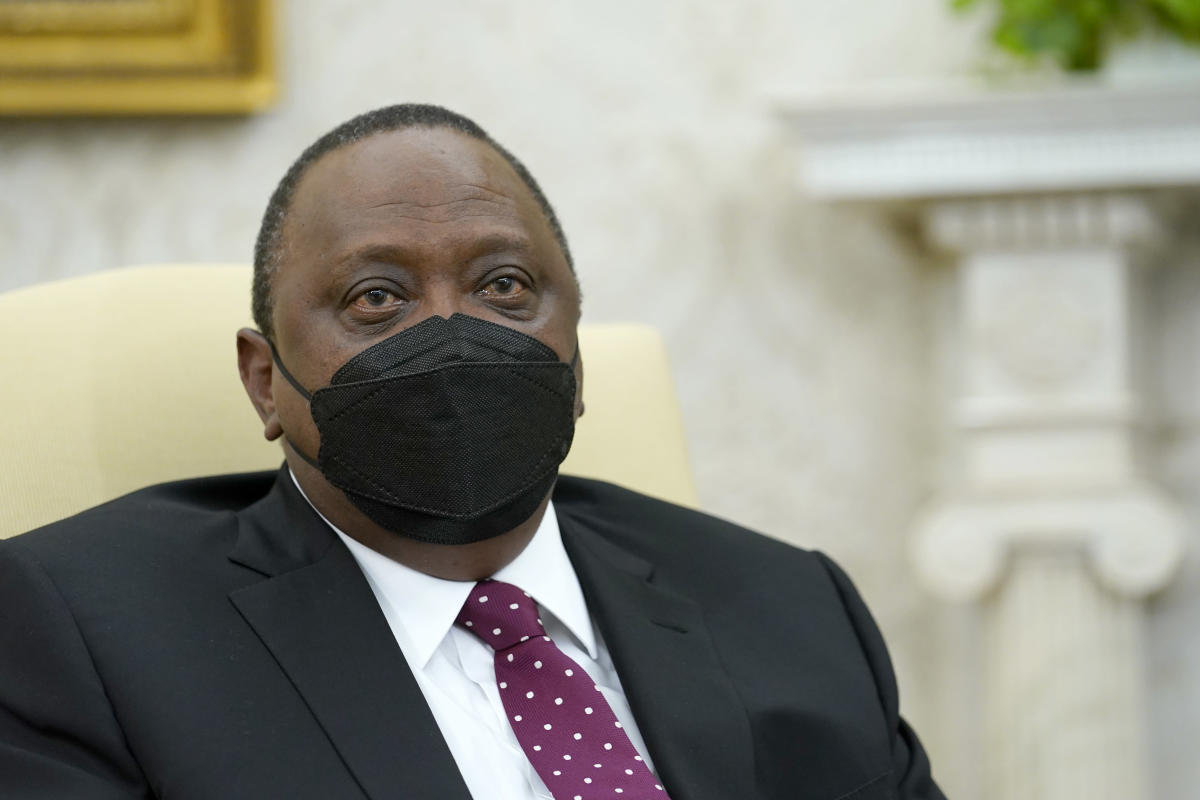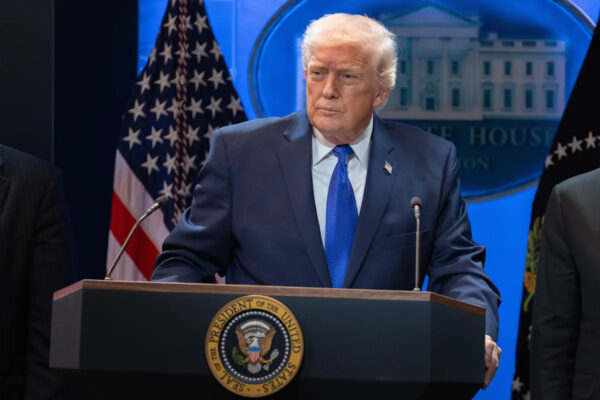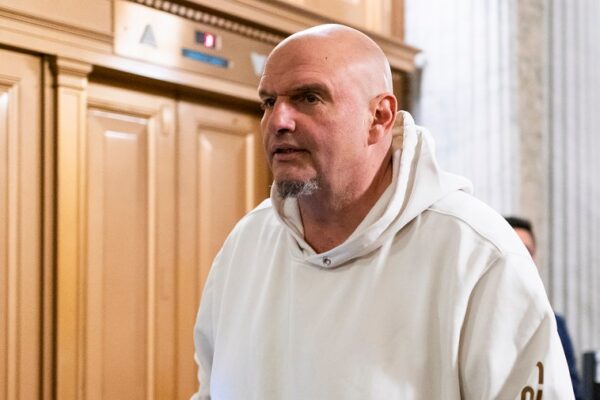Kenya’s president Kenyatta: Africa is at a crossroads
UNITED NATIONS (AP) — Kenya’s President Uhuru Kenyatta said Thursday that Africa is at a crossroads, poised on one hand to reap the economic benefits of its youthful population and economic reforms but facing the spread of terrorism and insurgency on the other that are challenging almost all 54 nations on the continent.
Ghana’s President Nana Akufo-Addo pointed to multiple threats to the territorial integrity of some African countries, many civilians facing serious threats, and instability in some nations complicated by the interests of different actors not only within conflict areas but also from outside the continent.
U.N. Secretary-General Antonio Guterres also cited “worrying trends” in Africa — too many countries where the military has seized power and the impact of the COVID-19 pandemic which has exacerbated “poverty, inequalities and all the drivers of conflict.”
Their briefings to a virtual meeting of the U.N. Security Council on cooperation between the United Nations and the African Union shone a spotlight on the challenges and conflicts facing the continent, where less than 5% of the population has been vaccinated against COVID-19.
Kenyatta, whose country holds the council presidency this month and chaired the meeting, said the aftermath of the 2011 NATO-backed uprising that toppled longtime Libyan dictator Moammar Gadhafi and split the country between rival governments, the rise of al-Qaida and the Islamic State extremist groups, “and the emergence of domestic terror groups funded by international actors pose grave socio-economic challenges for Africa.”
This has been exacerbated by a recent surge in coups “which we thought we had left behind,” and the pandemic which has reverse economic gains “and plunged a large number of Africans back into poverty that they had escaped from following the last two decades of economic growth,” he said. The effects of climate change are also “increasing social and economic fragility, and escalating resource conflicts,” he said.
Like the Cold War between the U.S. and the former Soviet Union, Kenyatta said “the vacuums” created by these negative events “have precipitated new external actors intervening, which has often further deepened the crisis and drawn in geopolitical rivals.”
“And these rivalries are unfortunately at the cost of African lives and our stability.,” the Kenyan president said.
Ghana’s Akufo-Addo pointed to what’s happening in the Sahel, the Lake Chad region, and parts of east, north and central Africa “where ongoing conflicts, the destabilizing activities of terrorists and extremists, the profiteering activities of purveyors of conflict, and the devastating effects of climate change and COVID-19 have resulted in a deadly cocktail with dire consequences for our socio-economic, political and security situation.”
In recent months, he said, some parts of Africa have seen further instability, citing the overthrow of constitutional governments in Mali, Chad, Guinea and now Sudan “as notable culprits.”
Guterres noted a host of worrying developments from coups, the continuing conflict in Ethiopia’s norther Tigray region, and the impact of COVID-19 to “a proliferation of militias” and the persistent threats of terrorism and violent extremism from al-Qaida, the Islamic State and Boko Haram.
Despite these negative trends, the U.N. chief pointed to a number of hopeful developments in Africa including a peaceful and inclusive election in Burkina Faso, and peaceful transfers of power in Niger and Zambia following presidential elections.
In his briefing, read by Deputy Secretary-General Amina Mohammed, Guterres praised the African people, saying they are “determined to work relentlessly for a more prosperous, sustainable and peaceful continent.”
He cited the U.N.’s work with the African Union and others to support the cease-fire agreement in Libya and prepare for December elections and its support for AU-led negotiations on the contentious issue of the dam Ethiopia is building on the main tributary of the Nile River which Egypt and Sudan say will cut critical water supplies. He said U.N. missions and country teams in Africa also support peace initiatives and political transitions — including in Cameroon, Chad, Congo, Guinea, Guinea Bissau, Mali, Somalia, South Sudan and Sudan.
Kenya’s Kenyatta and Ghana’s Akufo-Addo both said the African Union has taken action aimed at preventing conflict, promoting peace and pushing back against terrorist groups. The AU’s “Silence The Guns” campaign to end conflict on the continent has been extended from 2020 to 2030.
“What has been lacking, however, is global solidarity and burden sharing,” the Ghanaian president said.
He called for stepped up U.N.-AU consultations, including to address the root causes of conflicts singling out the lack of jobs for young people and the exclusion of women, and to promote the AU’s use of preventive diplomacy.
Akufo-Addo noted that over 70% of conflict issues on the Security Council’s agenda relate to Africa and “while prevention is less celebrated, $1 spent in preventing a conflict is worth a little over 10 times its value in resolving a conflict once it’s broken out.”
Kenyatta called for bold action by the U.N., AU, and regional groups to renew Africa’s “security architecture.”
“Together, we can enable African states and regions to overcome insecurity in the Sahel, the Horn of Africa, central Africa, and in countries dealing with dangerous insurgent and terrorist groups,” he said.












 Bitcoin
Bitcoin  Ethereum
Ethereum  Tether
Tether  XRP
XRP  USDC
USDC  Solana
Solana  TRON
TRON  Figure Heloc
Figure Heloc  Lido Staked Ether
Lido Staked Ether